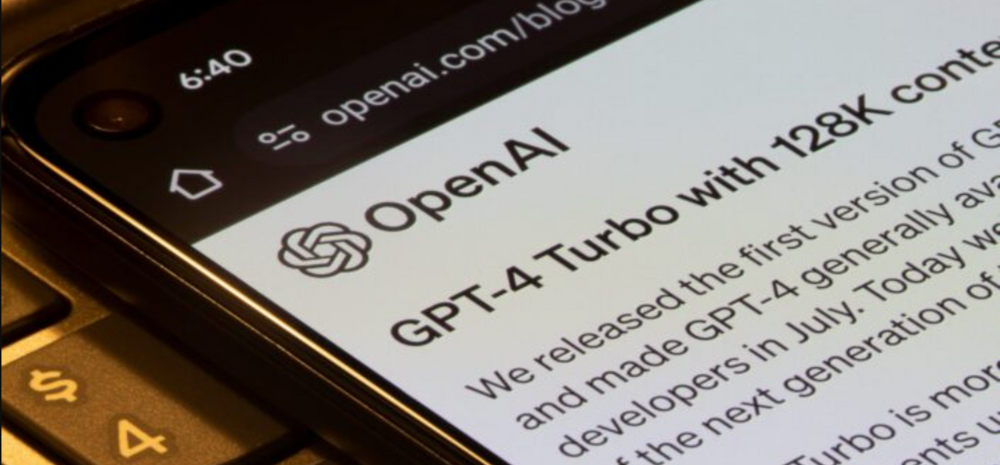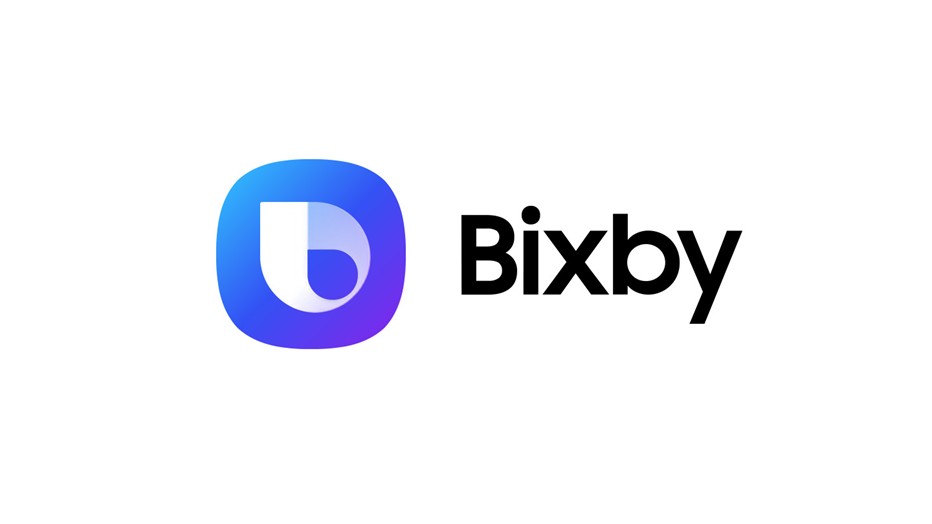During the inaugural developer conference, OpenAI DevDay, OpenAI, the artificial intelligence (AI) research lab behind ChatGPT, unveiled a suite of products.

OpenAI’s GPT-4 Turbo Launch
Besides this, OpenAI also launched an upgraded version of its flagship GPT large language model (LLM), GPT-4 Turbo, and tools for building custom AI chatbots.
As we know that the GPT-4’s Turbo version is available through an API preview and has been trained on data up to April 2023.
It appears to be an update from the initial March release of GPT-4, which was trained on data up to September 2021.
The CEO of OpenAI, Altman said, “We are just as annoyed as all of you, probably more, that GPT’s knowledge about the world ended in 2021.”
In the coming weeks, OpenAI plans to release a production-ready version of GPT-4 Turbo.
Interestingly this announcement comes a day after Elon Musk’s AI startup xAI launched Grok to a limited number of users in the US.
It seems that GPT-4 Turbo will be having access to a larger pool of information, this way boasting a 128,000 context window.
According to OpenAI, this context window is equivalent to more than 300 pages of text within a single prompt.
In short, the larger context windows let LLMs understand the question better and provide more thoughtful responses.
Besides this GPT-4 Turbo offers cost benefits for developers as per the information provided by the company.
For the costing, Input will be priced at just $0.01 per 1,000 tokens now which are the fundamental units of text or code that LLMs read, as opposed to the previous $0.03 with GPT-4.
This latest version will also support image prompts, text-to-speech requests, and integration with DALL-E 3.
Customized GPT
In this latest initiative, the company is rolling out custom versions of ChatGPT that users can create for a specific purpose—called GPTs.
The company’s blog post noted, “GPTs are a new way for anyone to create a tailored version of ChatGPT to be more helpful in their daily life, at specific tasks, at work, or at home—and then share that creation with others.”
Adding, “Anyone can easily build their own GPT—no coding is required. You can make them for yourself, just for your company’s internal use, or for everyone.”
OpenAI’s GPT Store
The company will introduce its own app store, known as the GPT Store later this month.
Basically, this platform will help users in creating their own GPTs to share them with the public.
In addition to this, OpenAI has announced plans to allow individuals to generate income based on the usage number in the coming months.
The company said, “Once in the store, GPTs become searchable and may climb the leaderboards. We will also spotlight the most useful and delightful GPTs we come across in categories like productivity, education, and ‘just for fun.'”













